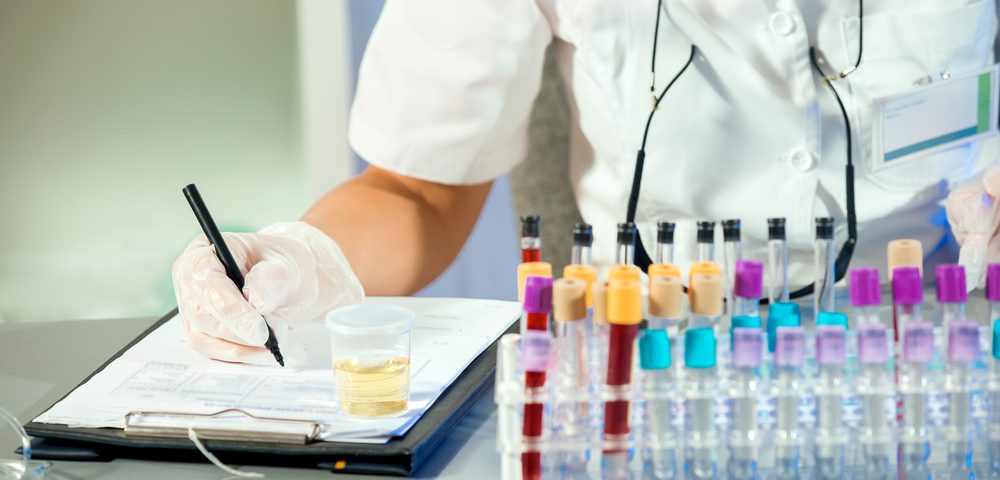An ongoing observational registry study is evaluating Kiyatec‘s novel technology, in which a patient’s own tumor tissue is cultured in a lab dish and exposed to different therapies as a means to predict treatment response in women with ovarian cancer.
The 3D-PREDICT trial (NCT03561207) is studying the company’s patient-specific Ex Vivo 3D Cell Culture (EV3D) assay as a predictor of chemotherapy responses in ovarian cancer patients whose disease is newly diagnosed or recurred after prior treatment.
The Winthrop P. Rockefeller Cancer Institute at the University of Arkansas for Medical Sciences (UAMS) is the most recent institution joining this observational study, the company announced in a press release. Enrollment is ongoing; more information on contacts and locations is available here.
“Ovarian cancer patients and clinicians do not have the luxury of time to experiment with drug therapies they don’t know will work, so we developed our investigational ovarian cancer drug response profile to help optimize therapeutic decision-making over the course of the disease,” said Matthew Gevaert, CEO of Kiyatec.
“We are delighted to welcome UAMS to the 3D-PREDICT study as we endeavor to deliver on the promise of pre-treatment, patient-specific drug response profiling for ovarian cancer,” Gevaert added.
3D-PREDICT is expected to recruit about 570 participants at several sites in the U.S. In the study, patient tumor samples collected during biopsies or cancer removal surgery will be exposed to a panel of 11 different medicines commonly used to treat people with newly diagnosed or recurrent ovarian cancer.
The study builds up on data from an earlier pilot study that provided preliminary evidence of the assay’s effectiveness at predicting the response of newly diagnosed patients with ovarian cancer to certain therapies.
Study findings published in the journal Scientific Reports showed that Kiyatec’s assay correctly predicted whom, of the 44 patients included in the analysis, would respond to platinum-based chemotherapy with an accuracy of 89%.
Kiyatec’s assay also was able to predict — with accuracy of 89% — which of the 35 patients who received adjuvant (given after surgery) chemotherapy would respond to treatment.
The study showed that those who were predicted to respond to treatment lived longer without showing signs of disease progression, compared to those who were deemed to be non-responders by the assay (20 versus nine months).
“The Winthrop P. Rockefeller Cancer Institute is proud to offer 3D-PREDICT to our ovarian cancer patients. It is our hope that this trial will help develop a method to assist us in determining which drugs will most benefit individual patients and get them on the most effective treatment as quickly as possible,” said Michael Birrer, MD, PhD, vice chancellor and director of the Cancer Institute.
In addition to women with newly diagnosed or recurrent ovarian cancer, 3D-PREDICT also is enrolling patients with advanced glioblastoma, an aggressive form of brain cancer.

